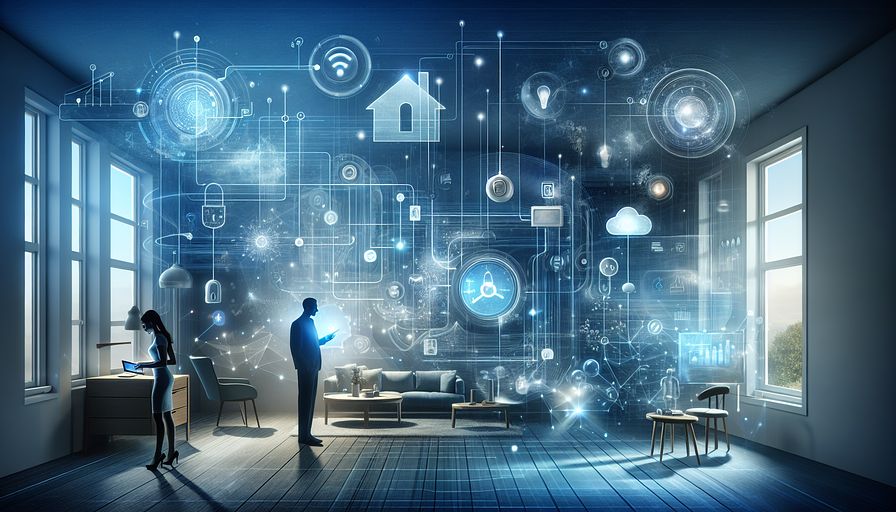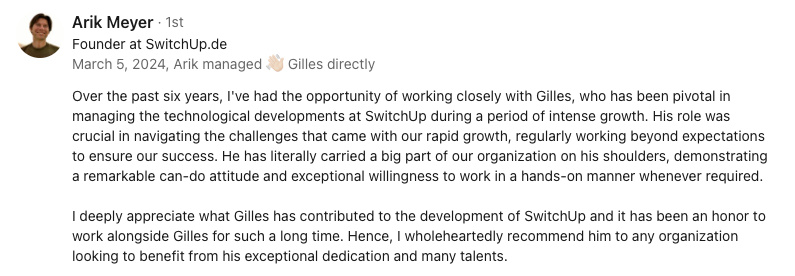Abstract:
The integration of IoT technologies in residential environments heralds a new era in home management and personal convenience. This revolution is not merely about automating routine tasks but involves creating a cohesive system that enhances security, energy efficiency, and the overall quality of life. Through the use of interconnected devices, from smart thermostats to voice-controlled assistants, homeowners gain unprecedented control over their living spaces. This transformation extends beyond convenience, offering insights into energy consumption patterns and enabling proactive maintenance, ultimately contributing to more sustainable living practices. For technology leaders, this signals a fertile ground for innovation, opening avenues for creating more intuitive and intelligent environments that respond to the occupants' needs and preferences. Understanding these advancements is crucial for those at the helm of tech enterprises, as it shapes future trends and sets the course for the development of user-centric solutions.
Revolutionizing Living Spaces with IoTAs a Chief Technology Officer, I've seen firsthand the transformative impact of the Internet of Things (IoT) on various sectors, but the revolution within residential spaces holds a particularly exciting promise. The integration of IoT technologies into homes is not just about turning up the air conditioning without leaving the couch or having refrigerators that remind you to buy milk. It's about constructing an intelligent ecosystem that elevates home management to an art form. This ecosystem prioritizes security, boosts energy efficiency, and, most importantly, enhances the overall quality of life. Imagine living in a space that not only understands your needs but anticipates them. That's the future we're building towards, and it's closer than you might think.
The magic of IoT in the home lies in its ability to bring disparate devices together into a cohesive, intelligent system. From smart thermostats that learn your preferred temperature settings to voice-controlled assistants that manage your tasks, the power is quite literally at your fingertips. It's about giving homeowners unprecedented control over their living spaces. This control extends beyond simple convenience; it opens up a new dimension of interaction with our homes, where every device works in harmony to create a living environment that is not just smart, but also intuitive.
But the revolution doesn't stop at convenience. One of the most significant benefits of integrating IoT into our homes is the insight it provides into our energy consumption. With smart meters and energy-efficient appliances, we can see exactly where our energy is going and make informed decisions about how to reduce waste. This isn't just good for our wallets; it's good for the planet. Furthermore, IoT technologies enable proactive maintenance, alerting us to potential issues with our appliances before they become major problems. This not only extends the life of our devices but also contributes to a more sustainable and eco-friendly home.
For technology leaders like myself, the integration of IoT into residential spaces represents a fertile ground for innovation. It challenges us to think beyond the conventional, to create environments that are not just reactive, but proactive—spaces that adapt to and anticipate the needs of their occupants. It's an exciting time to be at the forefront of this field, as we have the opportunity to set the course for the development of user-centric solutions that truly make a difference in people's lives. This requires a deep understanding of the technologies at our disposal, as well as a commitment to continuous learning and adaptation.
The advancements in IoT are shaping future trends and pushing the boundaries of what's possible in home automation and management. As we move forward, the key will be to maintain a focus on creating intuitive and intelligent environments that enhance the quality of life for their occupants. This isn't just about the next cool gadget or app; it's about building a future where our living spaces are as smart as the devices within them. And, as I often joke with my team, we're working towards a world where our homes might just know us better than we know ourselves. The journey there is filled with challenges, but the potential rewards are immense. After all, who wouldn't want to live in a home that takes care of itself and its occupants with minimal human intervention?














